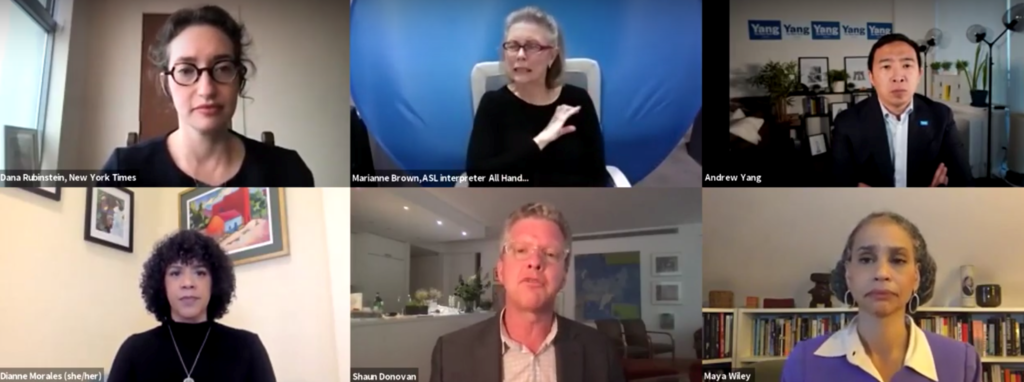By Alyssa Macaluso, FCLC 2023
On a sunny Friday afternoon, I wrapped up my 12-week-long internship with the U.S. Mission to the United Nations in a flurry of emails, thank-yous, and promises to keep in touch. It was a semester unlike any other, in part due to our return to fully in-person classes after two and a half semesters online. But it was also the first semester during which I essentially balanced a full-time job on top of school, my extracurricular activities, and my social life.
I wasn’t nervous about the challenge of waking up at 5 a.m. every morning, working until the early afternoon, and then going to classes and club meetings. Nor was I apprehensive about the work I was doing, the gravity of it, or the consequences should I mess anything up terribly. For me, the discipline of working on a different schedule than the rest of my roommates and friends, was the most difficult part of the semester.
I am a night owl, through and through. I work best between the hours of 2 and 4 a.m., when no one else is awake except for the other New Yorkers who also thrive in the dark and quiet. This semester, however, I couldn’t justify staying up that late to work on an essay or finish an assignment: The bulk of my work took place between 5:30 and 11 a.m. It almost felt like a betrayal to turn of the lights and will myself to sleep at 11:30 p.m., the earliest to bed in my suite, because I knew that if I stayed up any later, I wouldn’t be able to work at my best the next day — and I am proud to say that I never pulled an all-nighter. If this semester taught me anything, it’s how to maintain a schedule that may, at first, seem incompatible with the rest of my life.
Apart from working on time management, learning how to work within a team embedded in a very firm hierarchy was another hurdle I had to overcome this semester. In college, usually you work in teams of peers, all of whom are more or less equal in age, experience, and authority. For my team at State, however, there were clear leads and no ambiguity about where everyone belonged on the ladder. This really surprised me because we worked so intimately as a group. Every morning at 8:45 a.m., we’d log onto a call together to figure out assignments and recap the week’s events. Throughout the day, we’d email one another for help or advice or to flag memos. At times, it felt like there was no rigid structure in place, even though the roll call each morning reminded members where they ranked. This may be more a revelation about working in a setting where people of many different backgrounds — especially ages and experience — engage, but working with my team at State certainly provided insight into what it was like to navigate such a structure while also not losing sight of the camaraderie.
One last insight I gained from this internship was networking. As interns, especially virtual ones, we were encouraged to reach out to anyone and everyone at State to set up individual meetings to learn more about different career opportunities, experiences, and stories of those working at State. I met with almost all of my team members individually, but I also reached out to staff in other sections and branches who held portfolios that interested me. It was sometimes nerve-wracking to send the initial email, even though plenty of colleagues assured me that they received emails from interns all of the time, but I’m very happy I did, since I was able to meet and form connections with so many new people. Learning to network with people professionally, especially soliciting meetings from them and even talking with them during meetings, is an invaluable skill that I will use without a doubt in my future endeavors. After this internship, I can say that I feel more prepared for whatever adventure I embark on next.




